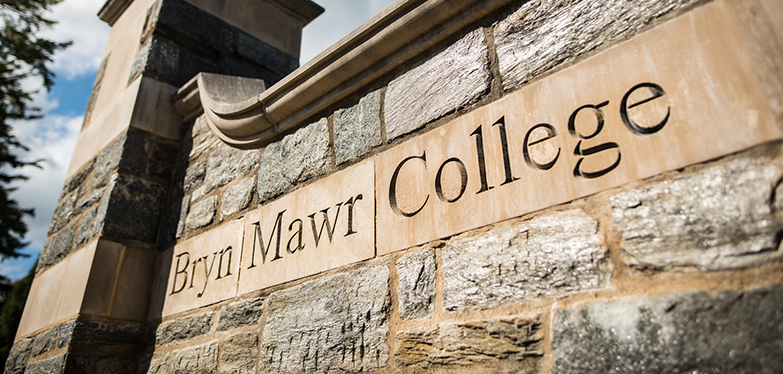Q&A: Deborah A. Cohn ’74
Deborah A. Cohn ’74 concentrates her practice in the areas of estate planning, probate and trust administration, business planning and taxation at the law firm Paley Rothman in Bethesda, Maryland.
What is the most satisfying part of your work as an estate planning attorney?
I started my legal career as a tax lawyer. Over time I realized that my colleagues drew personal satisfaction from the magnitude of the transaction, the amount of tax savings or the prestige of the client. None of that mattered to me. Rather, I draw personal value and meaning from helping individuals understand their unique combination of values, priorities and passions and then counseling them on how they can use their wealth to address their concerns and express who they are.
How do you approach the work of planning an estate with a client?
Virtually every client, at their first meeting with me, tells me they want “a simple will.” By this, a married couple usually mean they want to pass all their assets to the surviving spouse and then when they have both died, to pass these assets to their children and grandchildren. Many individual clients, too, explain that they have very straightforward estate planning needs. Typically there are relatives they would like to provide for, and certain charities and causes they wish to support.
However, the attorney’s art of counseling comes to the fore once we start talking in depth about each individual’s underlying concerns and values. Each client has her unique concerns, priorities and passions; I see my role as helping each client articulate and then translate these feelings into a legacy through a carefully designed estate plan.
Ideally, the lawyer should bring to the surface what a client is striving to communicate. I recall one couple who wanted to convey to each other deeply held concerns but could not articulate them clearly enough for the other to understand. We were discussing whether each spouse felt comfortable leaving assets directly to the other spouse or preferred putting the assets in trust to ensure that the assets would ultimately be preserved for their children. Essentially, to avoid the trusts, each spouse needed to feel confident that the other spouse, even if remarried, would protect their children.
The husband was comfortable; the wife was not. Once I understood exactly what the wife was looking for, I was able to explain that she needed something different: She needed the assurance that something tangible from all her years of working would pass directly from her to her children. She needed to preserve her legacy.
At what point do you explore a client’s interest in charitable giving?
Our charitable giving is a manifestation of who, at our core, we are. Once clients understand this powerful role of including a charitable gift in their estate plan, they appreciate knowing that they are contributing to the preservation of something that is most important to them.
The specific charitable techniques we select depend upon the individual’s financial needs and resources and their charitable goals. Sometimes using income-tax deferred retirement plan assets is the easiest and most tax efficient strategy, allowing the client to leave other assets to family members or close friends.
A charitable gift annuity or charitable trust allows the donor to preserve an income stream while providing resources for charitable priorities. Gifts through wills and estate plans express and memorialize our lives.
What could be more satisfying?
Ms. Cohn was selected to the Best Lawyers in America (2015-2016) list for Trusts and Estates, the Maryland Super Lawyers list (2014-2015), and the Washington D.C. Super Lawyers lists (2014-2015) for Estate and Probate. Many of her clients include foreign nationals employed by The World Bank, the International Monetary Fund and other similar international institutions, along with executives of international companies, professionals and owners of closely-held businesses.


